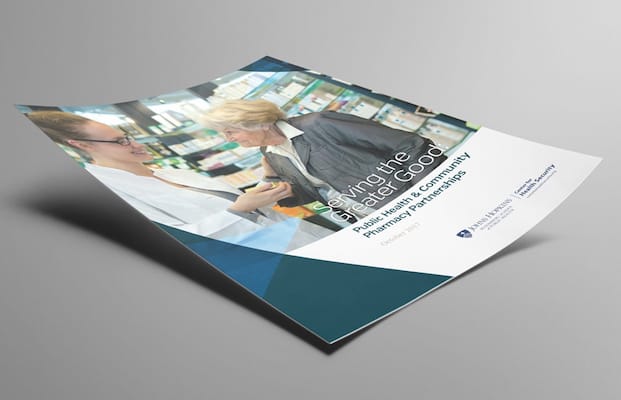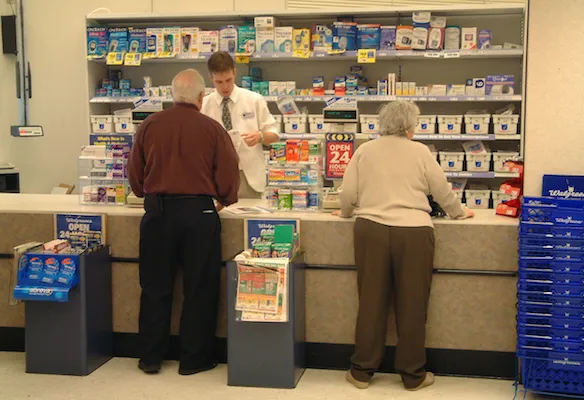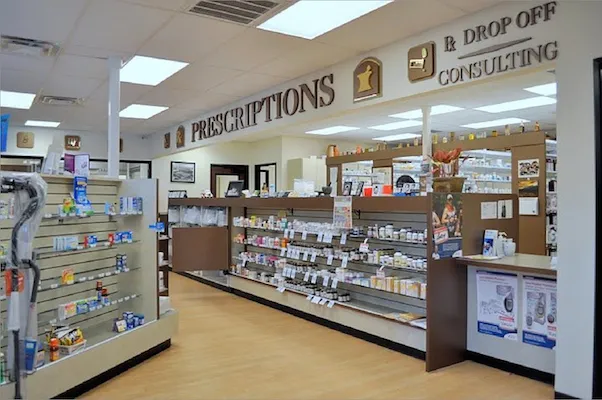NACDS president and CEO Steve Anderson co-authored an article appearing in Morning Consult that highlights the role of pharmacy in public health.
Written with Gigi Kwik Gronvall, senior associate at the Johns Hopkins Center for Health Security, the column explains how community pharmacy is helping to address the threat of anti-microbial resistance as it has helped with the opioid abuse crisis and preparedness for pandemics and other health emergencies.

The op-ed stems from findings in the study “Serving the Greater Good: Public Health and Community Pharmacy Partnerships,” conducted by the Johns Hopkins Center for Health Security and funded by the National Association of Chain Drug Stores.
“Pharmacists have the experience, access, and resources to play an integral role in helping to stop this threat,” Anderson and Gronvall commented regarding antibiotic resistance. “The opportunity is tremendous. Pharmacists are already serving as working public health partners for solutions on many fronts.”
The op-ed came out during the Centers for Disease Control and Prevention’s (CDC) U.S. Antibiotic Awareness Week and the launch of the CDC’s rebranded Be Antibiotics Aware campaign.
“Community pharmacy can play an important role in providing patient education, performing tests to correctly identify infections so that antibiotic use is appropriate and helping sufferers manage disease symptoms. All of these strategies will help to lessen the pressure for inappropriate, unnecessary and ineffective antibiotic use,” Anderson and Gronvall wrote, adding that pharmacies offer broad access to health care information. “Pharmacists are in an excellent position to educate the public about the appropriate use of antibiotics.”
Antibiotic-resistant bacteria infect over 2 million people and are directly responsible for more than 23,000 deaths annually, the article noted. In the U.S., the first case of pan-resistant bacterial infection — i.e. resistant to all available antibiotics — was identified in August 2016.
“Health care professionals are realizing it is time to act now to prevent a heartbreaking development: Families that must be told nothing can be done to save a loved one,” Anderson and Gronvall stated. “That is a real possibility when an out-of-control bacterial infection can overpower antibiotics rendered ineffective due to overuse.”









